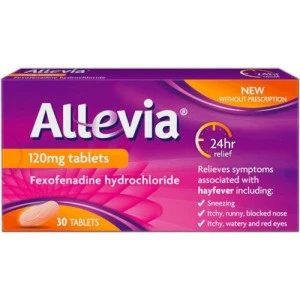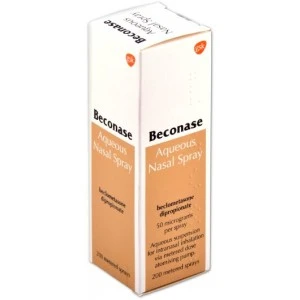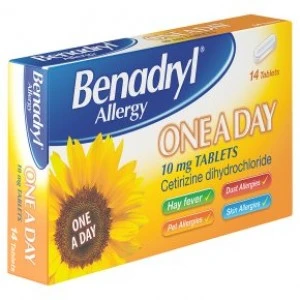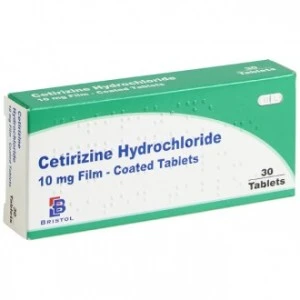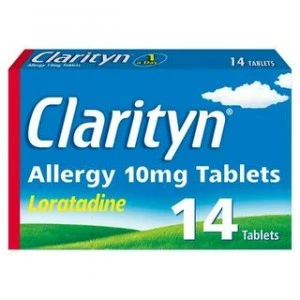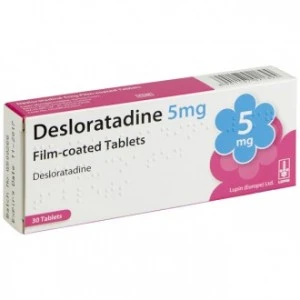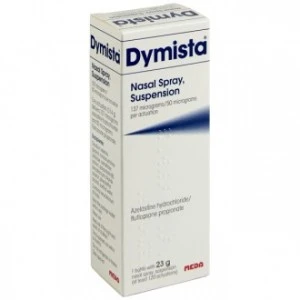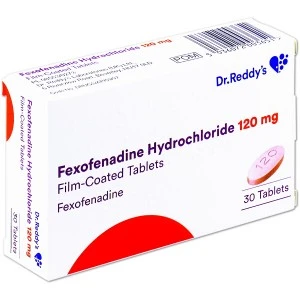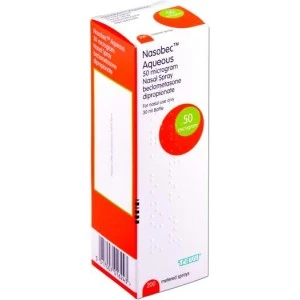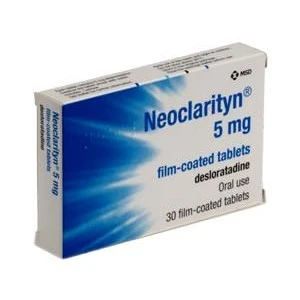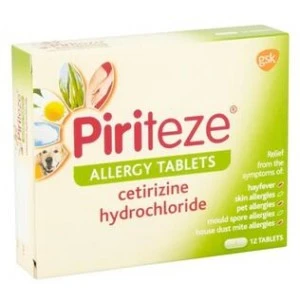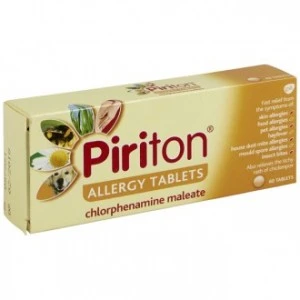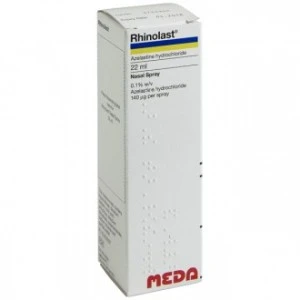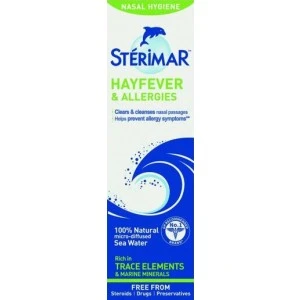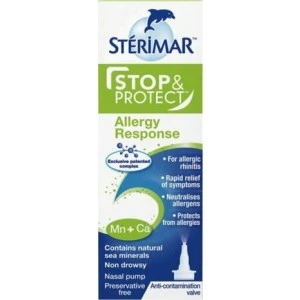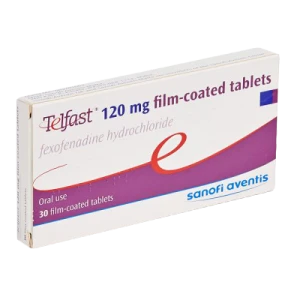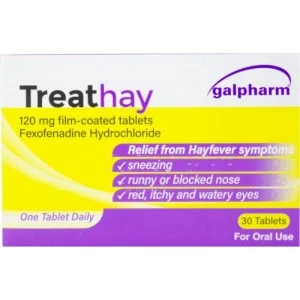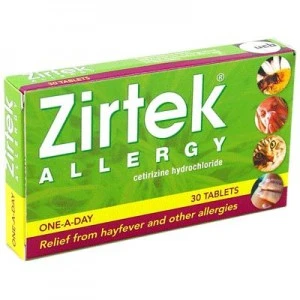Hay Fever
At Prescription Doctor, we understand that accessing a physical pharmacy may not always be convenient. Hence, our online doctor service enables you to obtain a prescription for Fexofenadine through our registered UK pharmacy. If your order is approved before 3pm on a weekday, our pharmacy ensures prompt dispatch of your item via a reliable next-day delivery service.
Allevia
- All-day relief
- Works within 1 hour
- Available without a prescription
Beconase Aqueous Nasal Spray
- Relieves hayfever symptoms
- Lasts all day
- Eligible for discreet next-day delivery
Benadryl Allergy
- Relieves hay fever symptoms
- Easy to take
- Available from a UK-based pharmacy
Cetirizine
- Reduces hayfever symptoms
- Taken once daily
- Non-sedating antihistamine
Clarityn
- Relieves symptoms
- Prevents hay fever
- No prescription required
Desloratadine
- Can be used with nasal sprays and eye drops
- Provides all-day relief
- Taken once daily
Dymista Nasal Spray
- Prevents hay fever symptoms
- Easy to take nasal spray
- Prevents nasal inflammation
Fexofenadine
- Relief for 24hrs
- Prevents symptoms
- Dispatched from a UK-based pharmacy
Nasobec Aqueous Nasal Spray
- Prevents symptoms from developing
- Reduces intranasal inflammation
- Easy to administer nasal spray
Neoclarityn
- Blocks histamines
- Non-drowsy medicine
- Reduces itchiness
Piriteze Allergy Tablets
- Fast-acting antihistamine
- Effective against hay fever
- Taken once a day
Piriton Allergy Tablets
- Branded product
- Simple to take
- Relieves allergy symptoms
Rhinolast
- Effective antihistamine
- Works within 15 minutes
- Easy-to-use spray
Sterimar Hayfever and Allergy Relief Nasal Spray
- 100% natural
- removes allergens
- Available from a UK registered pharmacy
Sterimar Stop and Protect Nasal Spray
- Natural ingredients
- Removes allergens
- Available from our UK pharmacy
Telfast
- Non-drowsy antihistamine
- Effective at preventing symptoms
- Works within an hour
Treathay
- One-a-day tablet
- All day relief
- No prescription required
Zirtek
- Relieves symptoms
- Non-drowsy
- Available from a UK-registered pharmacy
What is hay fever?
Hay fever is an allergic reaction to airborne pollen. It commonly occurs between spring and autumn, when the pollen count is at its highest.
Pollen is a particle released by plants during the warmer months and can become airborne. Individuals with hay fever experience an immune system response to this harmless pollen as if it were an infection.
The immune system releases histamines, which are chemicals that aim to eliminate the perceived invasion. However, these histamines can cause inflammation in the nasal passages, making it difficult to breathe.
Different types of pollen, including tree pollen, grass pollen, and weed pollen, can cause hay fever symptoms, and their presence varies throughout the year. For instance, grass pollen peaks between June and July. Fexofenadine effectively addresses allergic reactions caused by various types of pollen.
Different Pollen Types
Different types of pollen, including tree pollen, grass pollen, and weed pollen, can cause hay fever symptoms, and their presence varies throughout the year. For instance, grass pollen peaks between June and July. Fexofenadine effectively addresses allergic reactions caused by these different types of pollens.
Primary treatments for hay fever
Fexofenadine works by blocking histamine, a chemical released by the immune system in response to pollen inhalation, thereby preventing the development of hay fever symptoms such as runny nose, itching, sneezing, and watery eyes. It starts working within an hour of consumption, allowing you to carry on with your daily activities while enjoying relief from hay fever symptoms.
There are various treatments available to alleviate hay fever symptoms:
- Decongestants: Decongestant sprays and eye drops can provide relief from symptoms. Examples include Murine hay fever and Optrex hay fever.
- Antihistamines: These tablets are effective in preventing the release of inflammatory chemicals in the nose. They offer longer-lasting relief but may cause drowsiness. Some examples are Fexofenadine, Allevia, and Piriton.
- Corticosteroids: Nasal sprays containing corticosteroids are prescribed for severe hay fever symptoms or when other treatments are ineffective. When used regularly, corticosteroids provide long-lasting protection from hay fever symptoms. Examples include Beconase, Nasobec, and Dymista.
According to the NHS, corticosteroids are considered more effective than antihistamine tablets for treating hay fever.
Contrary to its name, hay fever is not necessarily caused by hay, and fever is not a typical symptom.
What are the symptoms of hay fever?
Symptoms of hay fever include:
- Runny or blocked nose
- Coughing
- Decreased sense of smell
- Earache
- Headache
- Itchy throat, mouth, nose, and ears
- Itchy, red, or watery eyes
- Nasal congestion
- Pain around the temples and forehead
- Sneezing
- Fatigue
While the symptoms of hay fever can resemble those of a common cold, they persist for weeks or months and recur upon further exposure to pollen.
How can hay fever be prevented?
Prevention and management strategies for hay fever may not always be feasible, but can be helpful. Some recommendations include:
- Applying Vaseline under the nose or around the nostrils to trap pollen.
- Limiting time spent outdoors and keeping windows and doors closed when the pollen count is high.
- Checking the pollen count before going outside and taking appropriate precautions to minimise exposure.
- Wearing wraparound sunglasses to protect the eyes from pollen and a hat to prevent pollen from landing on the face.
- Taking a shower before bed helps wash out pollen accumulated in the hair.
For more information on preventing hay fever, you can refer to NHS Inform.
Frequently asked questions (FAQs) about hay fever
Q: How is hay fever diagnosed?
A diagnosis of hay fever is usually based on a combination of medical history, physical examination, and allergy testing. Allergy testing can help identify specific allergens that trigger your symptoms.
Q: What are the treatment options for hay fever?
Treatment options for hay fever include over-the-counter antihistamines, nasal corticosteroid sprays, decongestants, and allergen immunotherapy (also known as allergy shots). It is advisable to consult a healthcare professional for personalised treatment recommendations.
Q: Can lifestyle changes help manage hay fever symptoms?
Yes, certain lifestyle changes can help manage hay fever symptoms. These include avoiding exposure to allergens, keeping windows closed during high pollen seasons, using air purifiers, wearing sunglasses outdoors, and regularly cleaning bedding to reduce the presence of dust mites.
Q: Are there any natural remedies for hay fever?
Some people find relief from hay fever symptoms through natural remedies such as nasal irrigation with saline solution, using herbal extracts like butterbur or quercetin, and consuming local honey. However, the effectiveness of these remedies may vary, and it's important to consult a healthcare professional before trying them.
Q: Can hay fever be cured?
Hay fever is a chronic condition, and there is currently no cure for it. However, with proper management and treatment, symptoms can be significantly reduced, allowing individuals to lead a normal and comfortable life.
Additional resources
What's the difference between hay fever and a cold
Learn More About Piriton Allergy Tablets
How long does fexofenadine take to work
What is the Difference Between Piriton and Piriteze
Authored By

Mohamed Imran Lakhi
MPharm - Lead PharmacistPublished on: 28/02/2019
Reviewed By

Dr Giuseppe Aragona
DoctorReviewed on: 25/05/2023
© 2013 - 2026 Al Muhsineen Limited. All Rights Reserved. Registered Pharmacy: 34 Halliwell Road, Bolton BL1 8RL. Registered Office: 254 First Floor, Shearbrow, Blackburn, England, BB1 8DS

